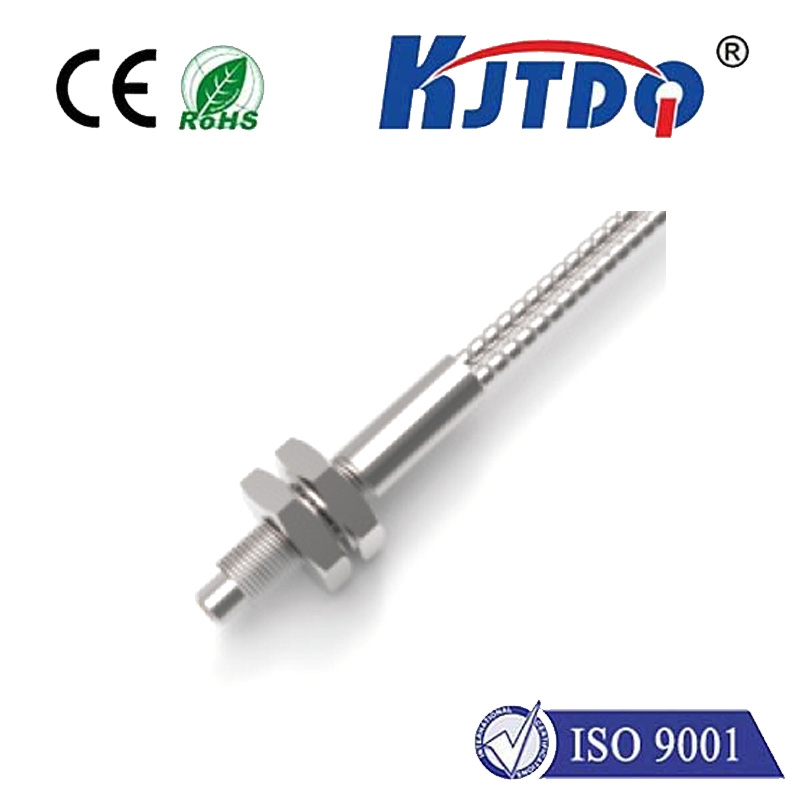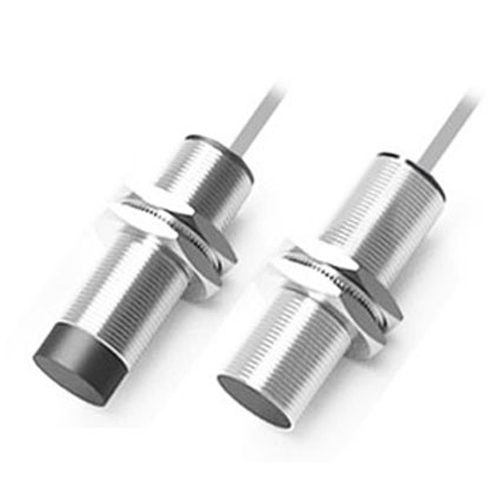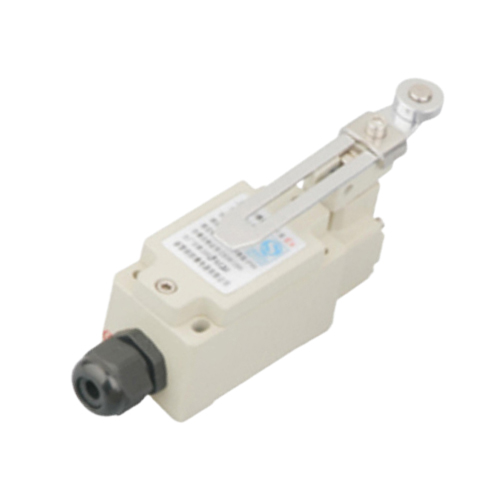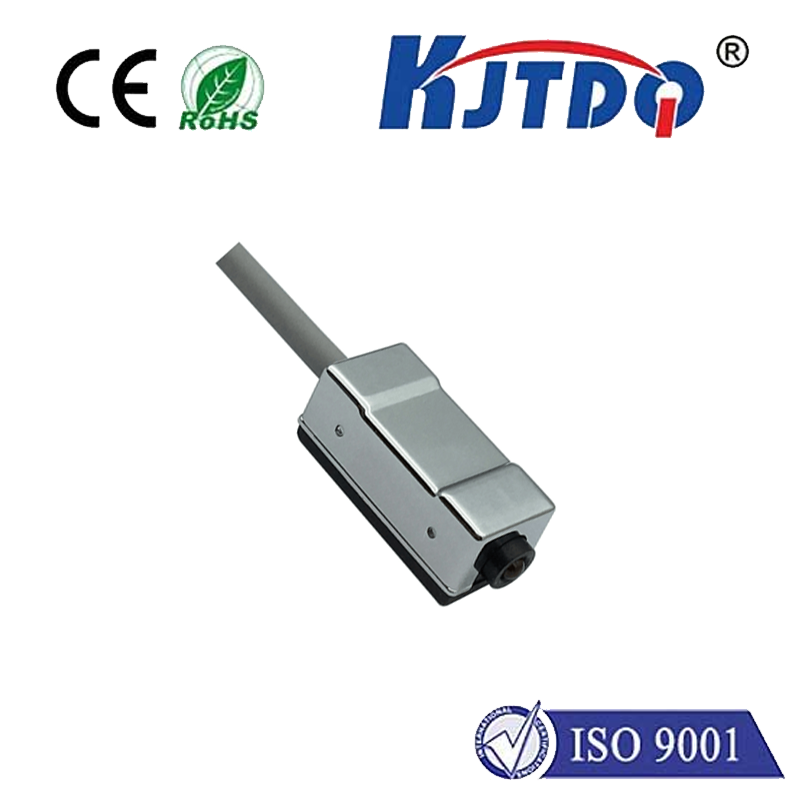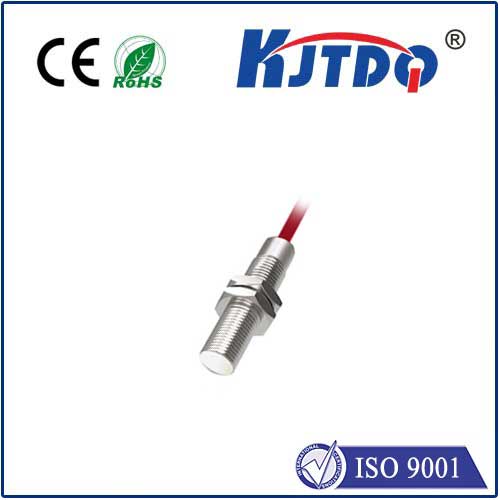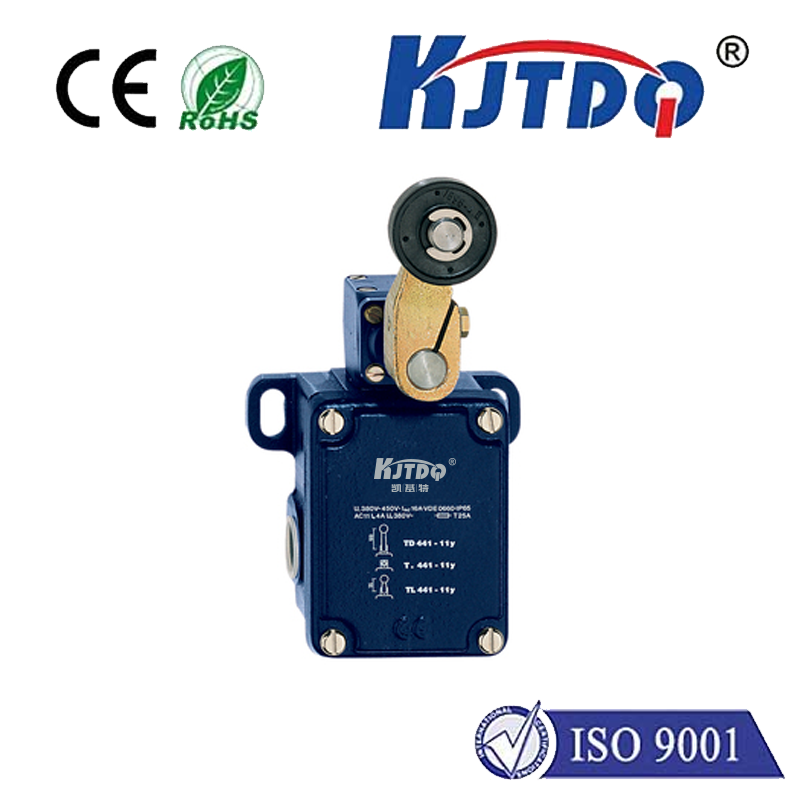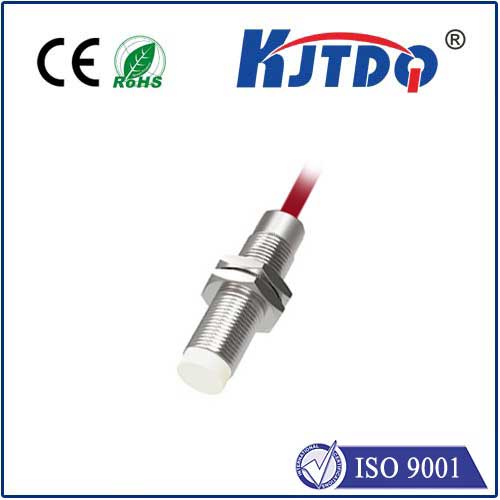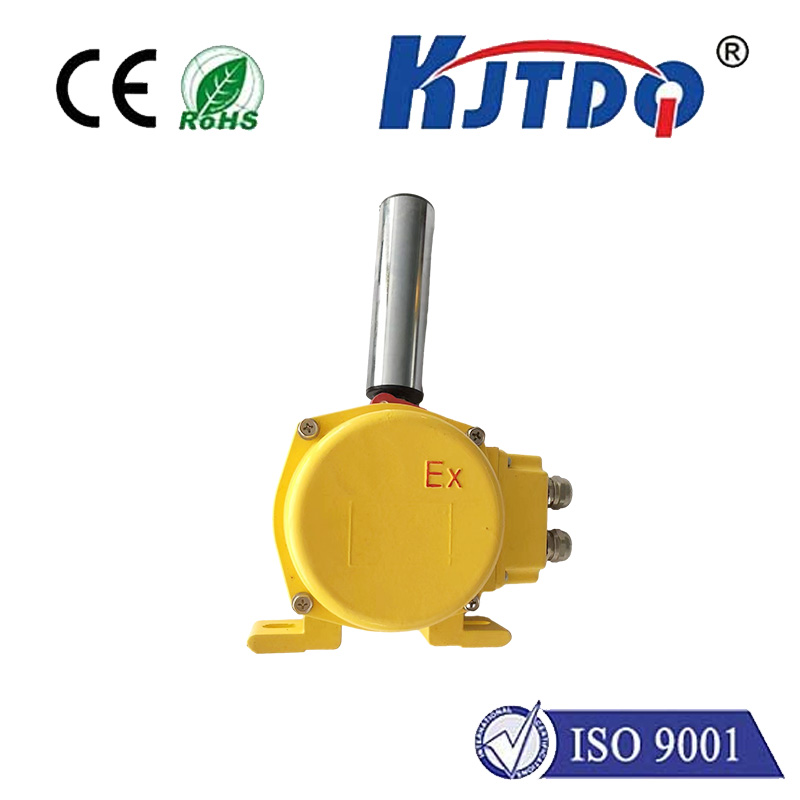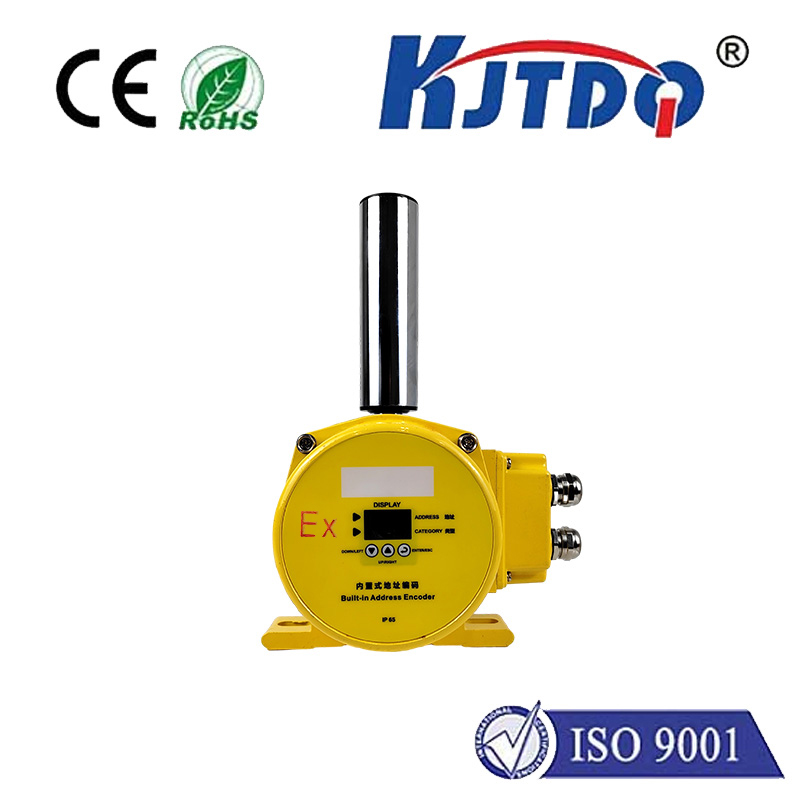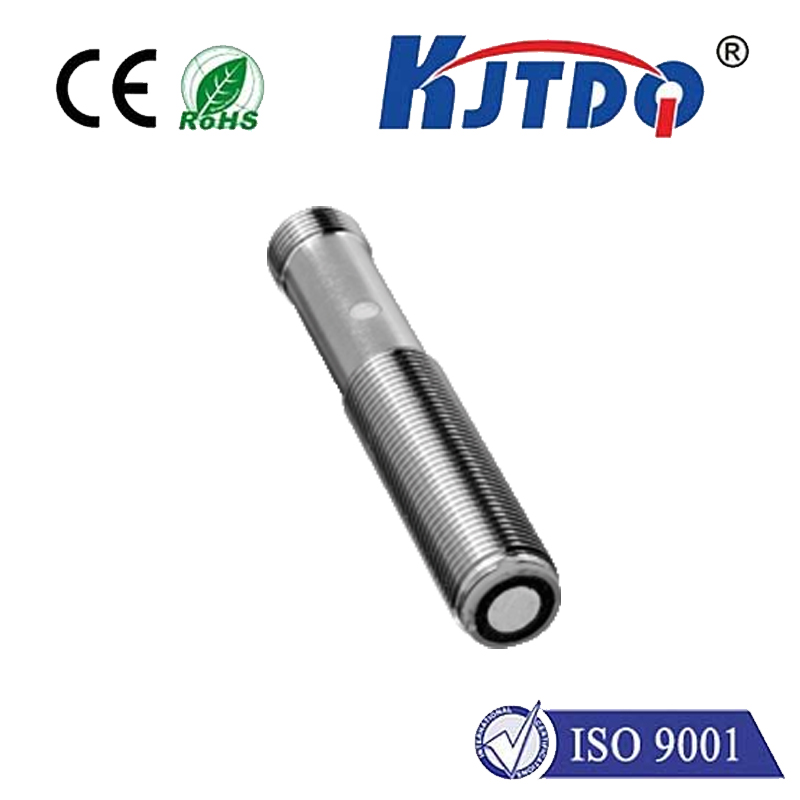

check

check

check

check

check

check

check

check

check

check
Body:
Resistive proximity sensors are commonly used in a variety of applications due to their reliable and accurate sensing capabilities. These sensors work by measuring the resistance between two objects that come into contact with each other. When an object comes into contact with the sensor, it interrupts the flow of current through a conductive path, which causes a change in the sensor's electrical signal. This signal is then processed and converted into a distance measurement.
The accuracy of these sensors depends on several factors, including the type of material used for the sensor, the distance between the objects being measured, and the environment in which the sensor is operating. However, with proper design and calibration, resistive proximity sensors can provide highly accurate measurements over a wide range of distances.
One of the main advantages of resistive proximity sensors is their simplicity in design, making them easy to use and cost-effective. They also require minimal power consumption and do not produce any heat or noise, making them ideal for use in applications where space and energy conservation are important factors.
Some of the common applications of resistive proximity sensors include automatic door controls, industrial automation, automotive safety systems, and medical devices. In addition, they are also used in security systems to detect unauthorized access or movement.
In conclusion, resistive proximity sensors are an essential component in many modern technologies due to their accuracy, reliability, and versatility. With their ability to measure distance accurately over a wide range of distances, they have become an indispensable tool in various industries.
